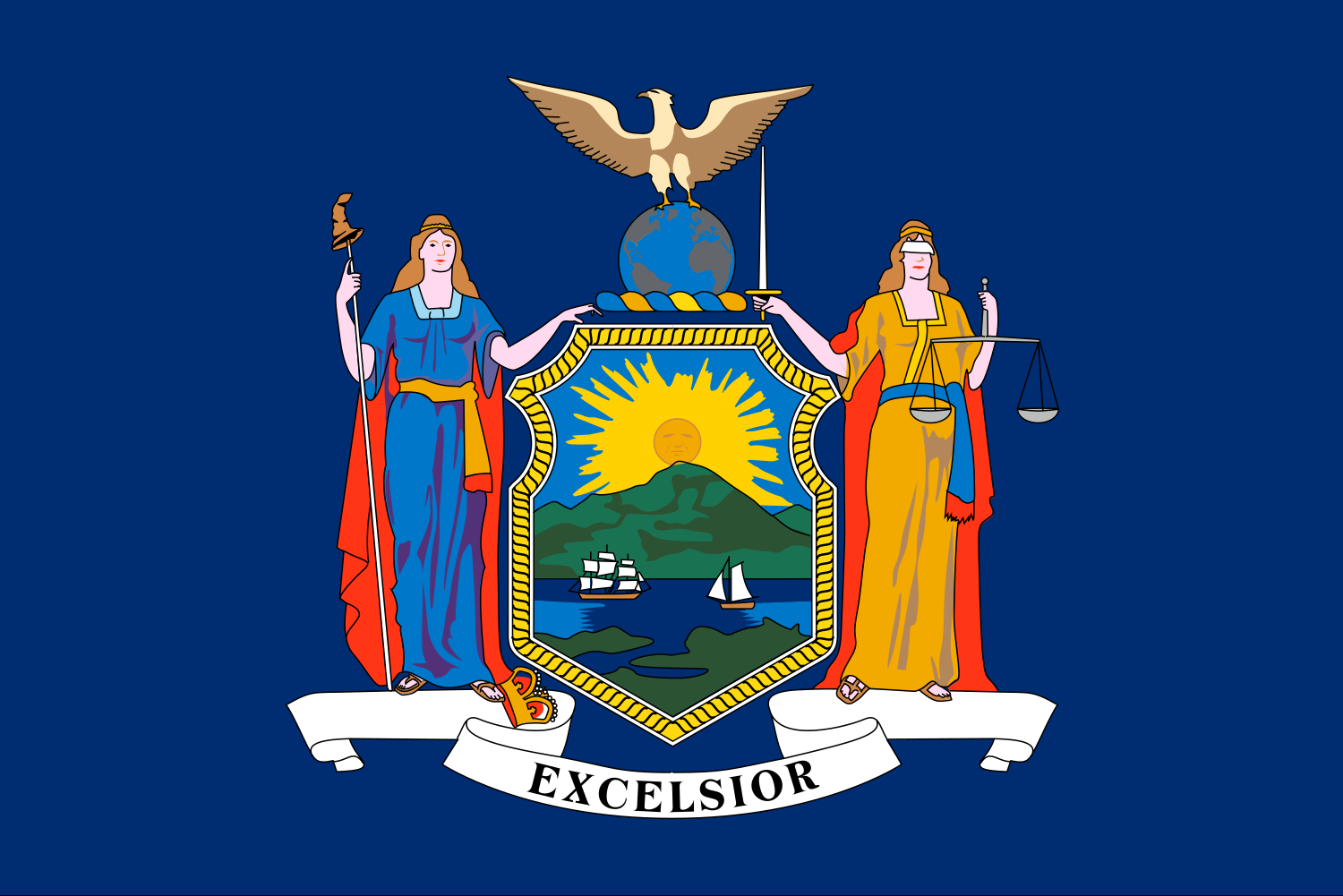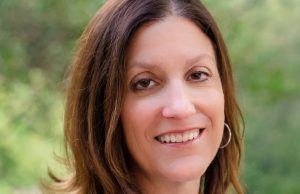Foundation boards are some of the least diverse spaces in our nation. Overwhelmingly white and older, most trustees don’t reflect demographically the communities they serve.
In the last few years, however, there has been a lot of conversation in philanthropy about the need for grantmakers to learn from the perspectives of those they purport to serve. However, although listening to those you serve is important, it is not enough. It’s time for funders to take the next step and begin to actually share power with lower-income communities, communities of color, people with disabilities and others who have been systemically marginalized in our society.
Barbara Underwood, Attorney General for the State of New York, has an opportunity to insist that we do better as a sector. She should use her power to make it happen.
New York will soon have the nation’s second largest health conversion foundation. The nonprofit Fidelis Care health plan is being sold to the for-profit Centene Corporation. As part of seeking approval for the sale from the Attorney General, the parties have proposed creating the Mother Cabrini Health Foundation (MCHF), which will make $150 million in annual grants for the health and well-being of underserved New Yorkers.
The plan for the foundation’s grantmaking and mission looks terrific. I was pleased to see, for example, that MCHF will focus on caring for the “poor, neediest, and most vulnerable” in New York. In a time of increasing income inequality and hostility toward immigrants and communities of color, the foundation’s guiding principles are more salient than ever.
The proposed trustee composition for the new foundation, however, misses the mark. It’s clear to me that MCHF’s efficacy will be limited with its current board composition, which includes ample representation from corporate, finance and wealth management firms, large hospital systems, and charities, but little if any from community-based organizations or advocacy groups focused on expanding health coverage, access and affordability.
A board of directors that is drawn from New York’s elite, powerful and wealthy circles will lack two assets that may interfere with the foundation’s stated objective of improving the lives of those who are neither wealthy nor powerful: first-hand experience with the challenges at hand and diverse group dynamics that nurture better decision-making.
The public has an interest in the over $3 billion in assets accumulated by Fidelis Health that are destined for the Mother Cabrini Health Foundation. The board of directors who oversee those assets should better reflect the public. Attorney General Underwood should mandate as a condition of her office’s approval that the composition of the foundation’s board of directors be improved to reflect representation from community-based organizations and from the underserved communities whose lives the foundation’s work no doubt will impact.
***
Aaron Dorfman is president and CEO of the National Committee for Responsive Philanthropy. Readers can view here the full comments NCRP submitted to the Attorney General of New York.











